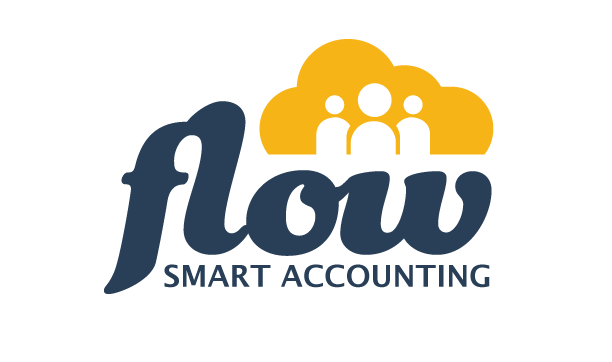Small busines
As a new business, tax season can be stressful. We always want to make sure we are paying the appropriate amount of tax, but often find that come tax season, money is owed that we may or may not have accounted for. As a freelancer or new business, it can be difficult to determine how much is owed in HST and taxes each year, as the demands of operating a small business can occupy a majority of an owners time. Tax planning and monthly instalments can help determine an average of how much will be owed to the Canada Revenue Agency (CRA) each year, alleviating the stress many new companies find themselves dealing with during tax season, while providing key insight into an organization’s budget plans for the upcoming fiscal year.
Quarterly Instalments.
If you or your business are found to owe $3,000 or more to the Canada Revenue Agency this current tax year, or in the two years prior, you will be required to pay your taxes through monthly instalments. An unexpected tax payment is not uncommon with a new business. Owners are more concerned with the day-to-day tasks at hand when running a business, leading to the miscalculation of taxes come January.
Tax instalments are an easy way to budget your tax payments throughout the year. Paid to the CRA on the 15th day at the end of each quarter, (March 15th, June 15th, September 15th, December 15th) you’ll always knows when the instalments need to be paid. Quarterly tax payments can be set up through online banking payments, creating a seamless process without the stress of calls, emails, or meetings.
Quarterly instalments are ideal for new businesses who don’t have a reliable cash flow as they start out in the first few years of business. Instead of paying the lump sum of taxes owed all at once, thus resulting in a deficit and or cash flow issue, quarterly instalments help businesses manage their spending throughout the year. Getting a new business into the habit of setting up quarterly tax payment instalments can prevent them from creating a larger tax deficit in the upcoming fiscal year, which can eventually lead to a larger issue down the line.
Understanding tax payment plans allows a small business or freelancer worker a chance to budget accordingly as they operate their small-sized organization. Owners need to focus on the growth and development of their organization, not worry about unexpected tax payments.
As mentioned in an earlier blog on financial statements, many new businesses or freelancer workers will forgo the assistance of a bookkeeper or accountant in order to save costs. Having someone on your team can help you understand your tax payment plans and put you in a position for success is a worthy investment.
This coming tax season, get in the habit of paying your back taxes through quarterly instalments, evenly dispersing your small organizations cash flow throughout the year, allowing you to focus on growing your business.

